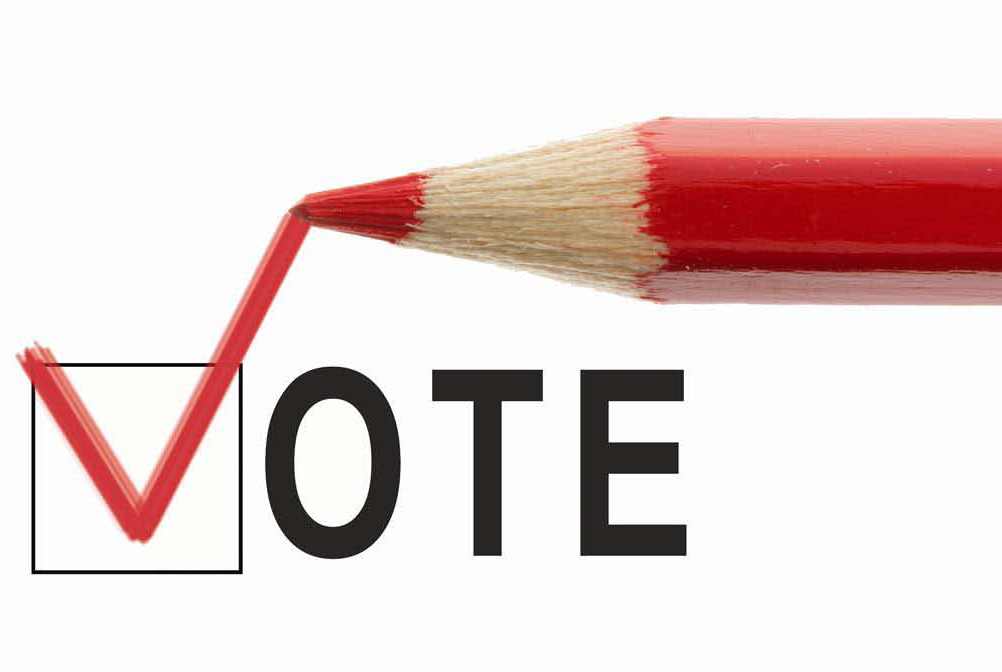All States exclude minors, aliens, and lunatics from the right to vote and by adult suffrage are meant every citizen, male and female, who is not a lunatic or criminal.
France has fixed the adult age at twenty-one years. Britain, the United States, India and Russia consider eighteen years sufficient. In some cases the limit is as high as twenty-five.
ADVERTISEMENTS:
The underlying idea is that a certain maturity is essential for the proper exercise of judgment in electing representatives. Criminals in confinement, idiots and lunatics are invariably excluded, because they do not possess the requisite mental and moral qualifications deemed necessary for a voter.
Some States disqualify, either temporarily or permanently, persons convicted of crime for the reason that they are not good citizens and lack civic sense. Aliens are nowhere permitted to vote as they are not citizens of the State in which they reside, but owe allegiance to another State.
Some States impose other limitations, which may either be the survival of earlier restrictions or may be necessitated by political reasons. One of these is that a voter must necessarily be an educated person with at least the ability to read and write.
John Stuart Mill said: “I regard it as wholly inadmissible that any person should participate in the suffrage without being able to read and write and perform the common operations of arithmetic’s.”
ADVERTISEMENTS:
He emphasised that universal teaching must precede universal enfranchisement. With the spread of universal desire for compulsory education majority of the advanced States now do not insist on this qualification to be prescribed in their electoral laws.
Herman Finer, summing up the argument that formal education is not absolutely necessary as a qualification for voting, observes that “it is a fundamental fallacy to argue that political behaviour has depended, depends now, or must depend upon instruction.
It depends upon will, upon the passions and men and women vote primarily for what they want and not from purely intellectual guidance.” But in some States of America it is still being retained “chiefly to disfranchise the Negro.”
Here comes in political expediency. In India illiteracy is not a disqualification, if a citizen possesses another qualification such as the payment of land revenue, income-tax, municipal or district board rates. Literacy, of course, entitles a person to vote, irrespective of any other qualification.
ADVERTISEMENTS:
The representative form of government was born on the ruins of feudalism and for long the exercise of suffrage was limited to property-holders alone. The theory underlying the property qualifications was that only those who own a certain amount of property may fairly be regarded as having a stake in the country.
Another argument advanced in favour of the property qualification was that the right to vote should be conferred on those who paid taxes. John Stuart Mill was an ardent supporter of property qualification. He maintained: “It is important that the assembly which votes the taxes, either general or local, should be elected exclusively by those who pay something towards the taxes imposed.
Those who pay no taxes, disposing by their votes of other people’s money, have every motive to be lavish and none to economise as far as money matters are concerned, and any power of voting possessed by them is a violation of the fundamental principles, a severance of the powers of control from the interest in its beneficial exercise.”
Ownership of property had been a very common qualification for the exercise of suffrage in every modem State, except Russia. But the old theory does not hold true any longer.
Possession of property may be one of the necessary qualifications for the exercise of suffrage, but it cannot be regarded as the only essential qualification. Political right, if hedged by property qualification, is no right at all.
It is tantamount to disfranchising and disqualifying a vast majority of the people, however worthy citizens of the State they may be.
When property is the only qualification to elect representatives, the legislatures will be representative assemblies of only the propertied class and other sections and interests of the community would naturally remain unrepresented. Such a nature of representation is a mockery of democracy.
The argument that those who pay taxes should possess the right to vote stands entirely on a different footing. It has nothing to do with possession of property. A tax is a contribution paid by individuals in a community for the services rendered by government.
Taxation and representation go together and it is a much valued democratic argument of the theory of representation. Taxes are paid, directly or indirectly, by all citizens of the State and not only by the propertied class. Those who foot the bill of government must have the means to see how money is being spent, no matter whether they possess property or not.

